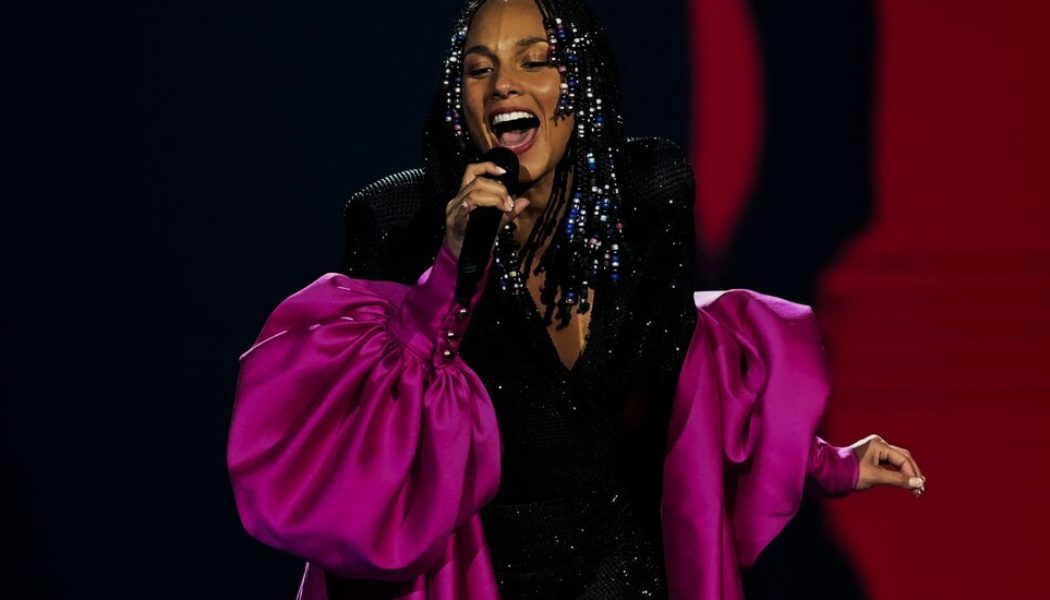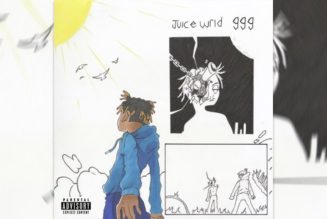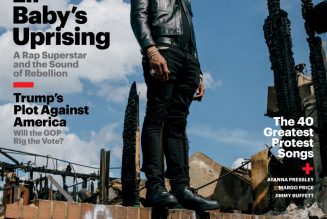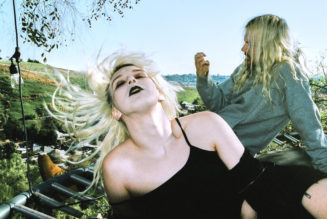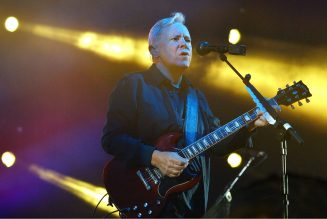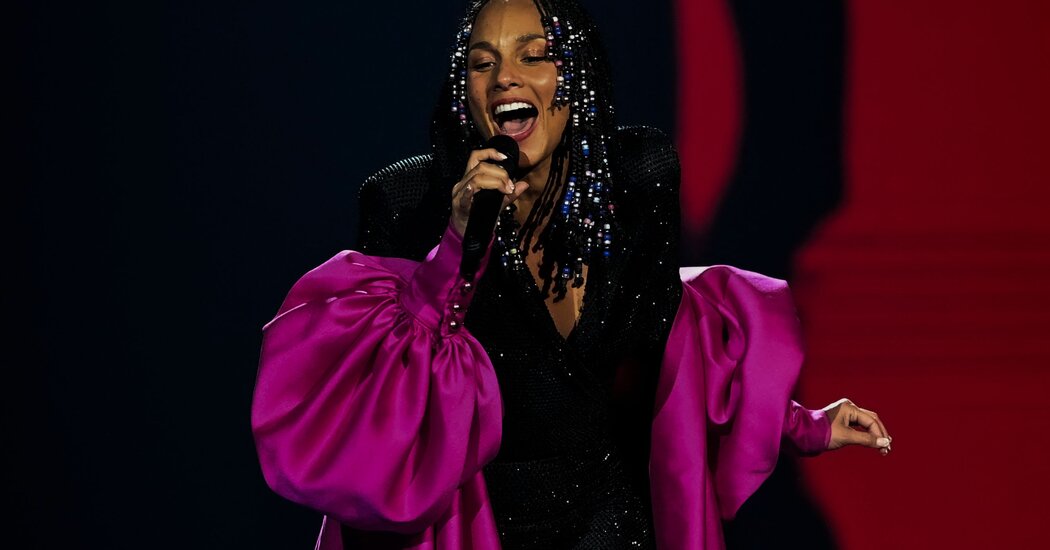
The show is a highlight of the Public Theater’s new season, which will also include plays by Suzan-Lori Parks, Itamar Moses, Mary Kathryn Nagle and Ife Olujobi.
For more than a decade, Alicia Keys has been quietly developing a musical inspired by her own turbulent adolescence growing up among artists in New York City. Now that musical, “Hell’s Kitchen,” is almost ready for viewing: It will be staged this fall at the Public Theater, the downtown nonprofit where “A Chorus Line” and “Hamilton” were born.
By any measure, the musical will be big: It has a cast of 20, the biggest budget of any show the Public has ever done, and, of course, music by Keys, an R&B and pop singer who has sold tens of millions of records. The show will feature some of Keys’s best known songs, as well as new material she has written for the musical.
“This is my pride and joy,” she said in an interview. “This is a major, major turning point in my journey.”
“Hell’s Kitchen” doesn’t precisely track the events of Keys’s own life, but there are strong parallels. Set in the 1990s, it takes place over a few months in the life of a 17-year-old named Ali, who is being raised by a single mother in Manhattan Plaza, a large housing complex where many of the residents are performing artists; there is family tension, sexual exploration and musical discovery. (Ali, like Keys, is transformed by a passion for piano.)
Keys has been deeply involved with the show’s development, and her own production company has the commercial rights to whatever life the show might have beyond the Public. “I’m never hands off,” Keys said. “There’s not one page, there’s not one sheet, there’s not one word, there’s not one song, there’s not one melody, there’s not anything that happens in this piece that moves without me completely immersed in it and ensuring its authenticity.”
The musical was Keys’s idea, and in 2011 she selected the playwright Kristoffer Diaz (“The Elaborate Entrance of Chad Deity”) to write its book; in 2018, the two asked Michael Greif (“Rent”) to join the project as director, and Greif then brought it to the Public.
“It’s very much about a young woman testing boundaries,” Greif said. “It’s a story about a series of collisions she has with very important people in her life when she’s 17, and how those collisions affect the person she was to become.”
“Hell’s Kitchen” is scheduled to begin previews Oct. 24 and to open Nov. 19. An emerging actor named Maleah Joi Moon will play Ali; her mother will be played by Shoshana Bean (“Wicked”), and her estranged father will be played by Brandon Victor Dixon (“Hamilton”); Camille A. Brown will choreograph.
The Public is already planning to stage “Hamlet” this summer, directed by Kenny Leon and starring Ato Blankson-Wood, as its sole Free Shakespeare in the Park production, but now will follow that with a new Public Works adaptation of “The Tempest,” with songs by Benjamin Velez and directed by Laurie Woolery. The Public Works program, which stages musical adaptations of classics featuring a handful of professional actors and a large ensemble of amateur New York City performers, began in 2013 with a different adaptation of “The Tempest.”
“The Tempest” will be the final production at the Delacorte Theater in Central Park until 2025; the Public is trying to figure out whether and where it might stage a production next summer while the Delacorte is being renovated.
In October, the Public will partner with NYU Skirball to present three Seán O’Casey plays staged by Ireland’s Druid theater.
Starting in November at its downtown theater, the Public plans to stage “Manahatta,” a play that connects Manhattan’s Native American history with its contemporary finance industry, written by Mary Kathryn Nagle and directed by Woolery. That will be followed in February by “The Ally,” written by Itamar Moses and directed by Lila Neugebauer, starring Josh Radnor as an atheistic Jew whose social justice commitments are complicated by Middle East politics. In March comes “Sally & Tom,” written by Suzan-Lori Parks and directed by Steve H. Broadnax III, about a contemporary theater company trying to do a play about Sally Hemings and Thomas Jefferson. And in April is “Jordans,” written by Ife Olujobi and directed by Whitney White, a comedy about Blackness in an overwhelmingly white workplace.
One thing the Public will not be doing: presenting its previously annual Under the Radar Festival of experimental work. “It’s entirely a financial decision,” said Oskar Eustis, the Public’s artistic director. “This does not mean the Public is abandoning its relationship with downtown experimental artists, but we’re going to be looking for a new way of embodying that.”
